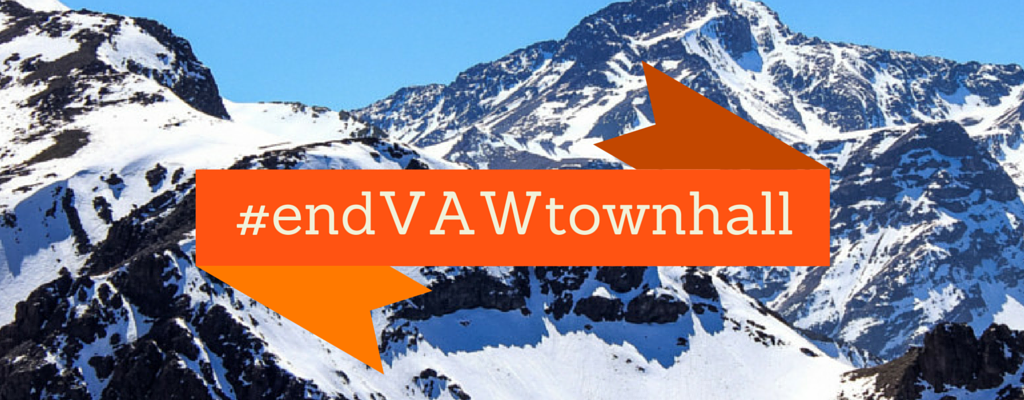Check against delivery.
Dear ministers and delegates,
I am glad to be here with you to address one of our biggest challenges when it comes to gender equality – violence against women and girls.
I have met many girls and women who are victims of violence and sexual abuse in their own homes – the very place where they should feel safe. Their stories have made a huge impression on me. We need a strong national legal framework prohibiting all kinds of violence.
In Norway we have developed several cross ministerial action plans with concrete measures.
- We have a strong focus on prevention and have therefore increased the financing of family support services.
- Violence and risk of violence must be detected early. We have therefore introduced questions about violence at maternity check-ups.
- All municipalities provide shelters which help victims of domestic violence – both women and men.
- Information about what is not acceptable in a relationship and about where to seek help is essential.
- We recently launched a new national web portal about domestic violence and rape – called "Your way out". The web portal will provide information and guidance to victims, abusers and support agencies.
-All police districts have coordinators for domestic violence and sexual abuse. The police has an ongoing campaign on preventing rape.
The best way to end violence against women and girls is to prevent it from happening in the first place. Early intervention and risk protection are essential to break these negative patterns. Good parenting and secure family relationships are important underpinnings of a safe and good childhood. We are therefore strengthening our family support services and community efforts.
One important step is to help overcome the feeling of guilt and shame which prevent victims from speaking up and seeking help. In Norway we have introduced routine questions about violence in connection with maternity check-ups.
We will also ensure that the subject of violence and sexual abuse is included in professional study programmes such as health and social care studies and teachers training. Public service agencies should know how to handle suspicions of violence or abuse.
It is a challenge to provide victims of violence with coordinated services. One good example of such services in Norway is the 10 State Children's Houses located around the country. They provide coordinated services for children and young people under 16 years of age.
Too many young people today are exposed to dating abuse and violence on the Internet. Last year we had several campaigns in the social media, targeted at young people in particular. Young people need to learn to recognise unacceptable behaviour. They also need information about where they can get help and support.
The Norwegian police has strengthened their focus on violence in close relations and against women. All police districts have coordinators for domestic violence and sexual abuse. The police has an ongoing campaign on preventing rape. The campaign is targeted to youth, especially boys, and urge boys to keep a lookout at parties in case anyone is losing control. The message is: you don't want your friends to do something that will burden them for years to come.
Last year the organization Care made a strong video called "Dear Daddy". The video is also in English and got international attention. We meet a girl who addresses attitudes among boys and men and show how small and maybe seemingly innocent comments and acts can lead to violence and rape.
The Norwegian Government recently launched a new National web portal about domestic violence and rape – called "Your way out". The web portal will provide information and guidance to victims, abusers and support agencies, and will be operated by the Norwegian Centre for Violence and Traumatic Stress Studies.
To fight gender based violence, we must find ways to engage boys and men. We also need to involve the youth. And we must work in partnership with civil society organizations. We also need to learn from each other's experiences. Therefore, I am very much looking forward to learn about the work all of you are doing.
Thank you for your attention.
